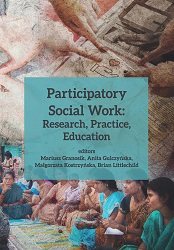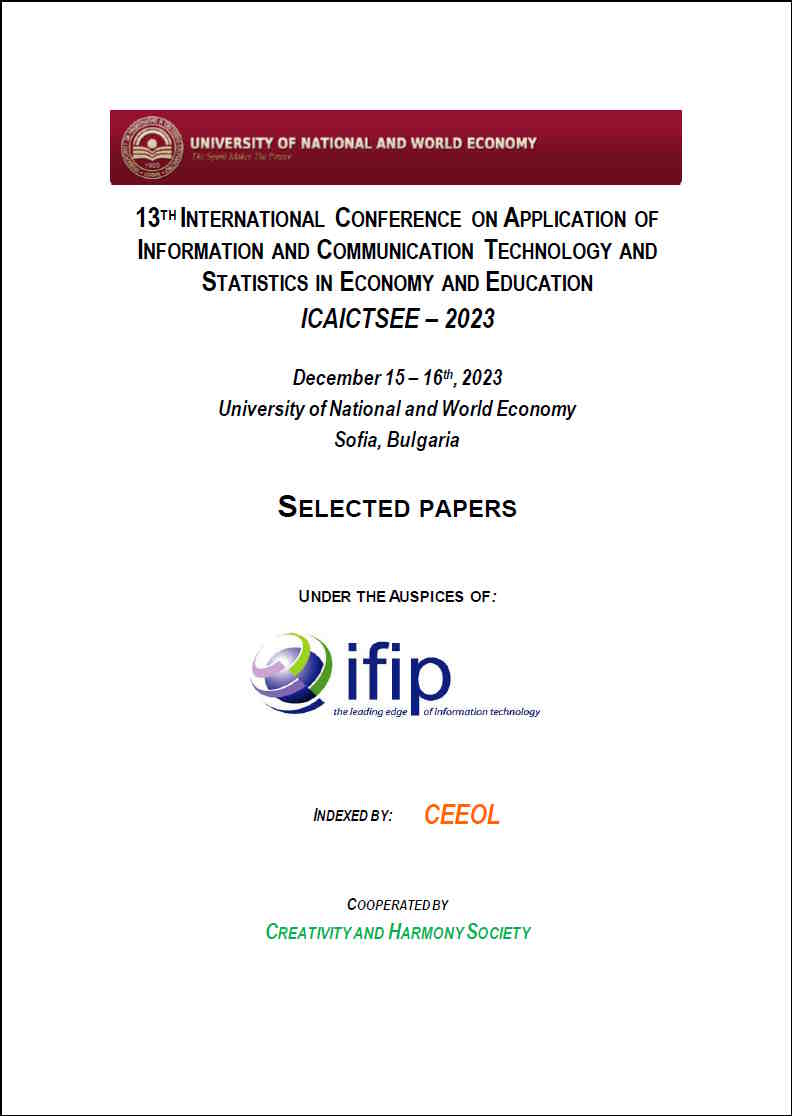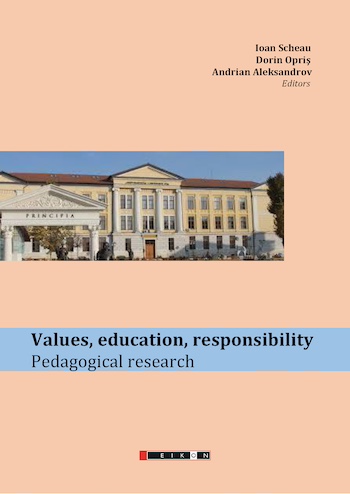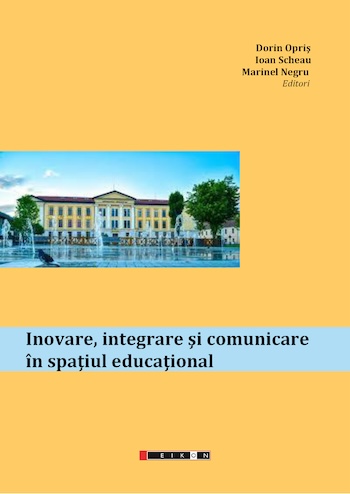Author(s): Małgorzata Kostrzyńska,Monika Wojtczak / Language(s): English
Publication Year: 0
Social perceptions of homeless people seem to be deeply rooted, homogeneous and stereotypical. From that stems a stereotypical approach also to the needs of people who experience homelessness. Consequentially, that leads to a situation in which the assistance they receive is frequently inadequate, and thus ineffective. In that context, based on the example of the social model of disability, P. Beresford (2014) shows that it was not impairment that was the main cause of the social exclusion of disabled people, but the way society responded to people with impairments (Oliver, 2012: 43). Having in mind analogical perception of homeless people that functions in society, a thesis can be made, that it is not the mere fact of being homeless that is the reason behind the social exclusion of homeless people, but the way they are seen by others, and the way society reacts to them as a consequence of that perception. Beresford, among other things, suggests: to direct between service users and service providers; and to enhance service users’ participation in social work education, practice and research actions towards “targeting the disabling society” (Oliver, 2009: 51); to abolish the divisions (Beresford, 2014). Our participatory practice co-constructed with people who experience homelessness refers to those postulates through “Homeful – Homeless” Box [original name: Skrzynka “Domni-Bezdomni”]. It breaks down stereotypes related to homeless people by engaging different social actors; it abolishes the division between users and providers of services, because the boundaries between them clearly become blurred due to the activities undertaken as part of the Box; and finally, it includes users of services within different spheres of life, including practice, because it is them who become experts on their own needs and the actions they take, and it is them who become involved in helping other people, or who initiate that help. Therefore, sometimes it is difficult to differentiate between a volunteer and a participant of the project. The aim of this contribution is to recreate the actions that enhance the participatory potential of the social work project (“Homeful – Homeless” Box). The chapter starts with social construction of the homeless and its consequences with regard to the selection and the quality of social services. As a response to the problem of the social service system we present the “Homeful – Homeless” Box – the idea behind it, its evolution, and later on, also the social work with the homeless in the course of the project. Next, we present efforts to enhance the participatory potential of “Homeful – Homeless” Box.
More...





